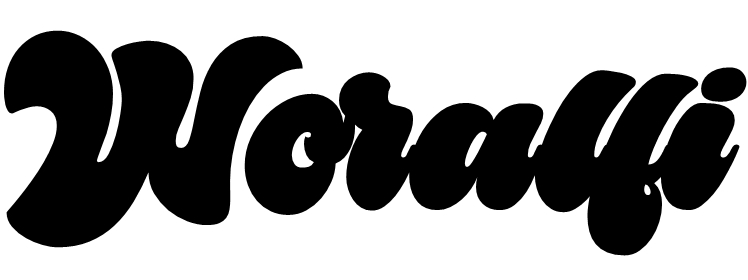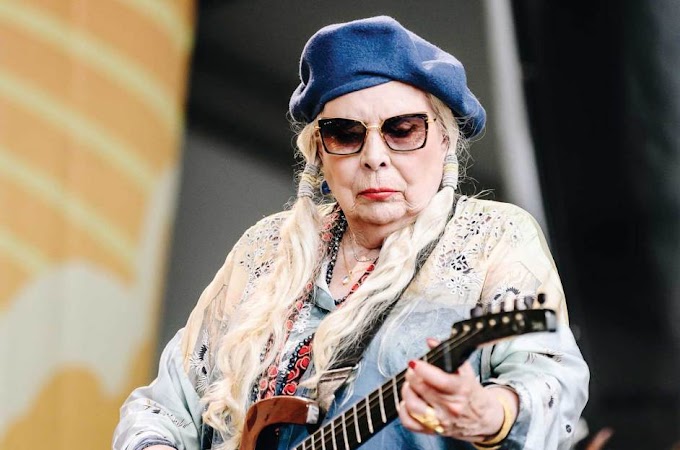Nick Grimshaw and his celebrity friends are determined to ensure that an "underdog" emerges victorious in a simulated reality contest, creating a delightful and clever spectacle that revolutionizes the genre.
Recently, a breakout hit emerged on Amazon Freevee, the ad-supported streaming service, titled "Jury Duty." This series followed Ronald, who thought he was participating in a documentary on the US legal system, only to discover he was the unwitting star of a reality TV show where everyone except him played scripted roles.
Surprisingly, "Jury Duty" offered more than typical reality TV "gotcha" moments; it hinted at positive aspects of human nature, albeit subtly. Following this trend is "The Underdog: Josh Must Win," a show with a less elaborate yet more meta premise.
In this new series, contestants in a house compete under the impression that they're vying for popularity in a contest called "The Favorite," with a £10,000 prize at stake. However, unbeknownst to them, the real objective is for an unlikely contender named Josh to rise to social prominence through manipulation by a panel of celebrities. If successful, Josh's victory would yield a £100,000 prize shared among the housemates.
Despite its potential pitfalls, such as alienating its target audience, "The Underdog" manages to maintain viewer interest. While initially appearing to misjudge the distinction between likable personalities and compelling television, the show ultimately provides a fresh perspective on reality TV mechanics.
Featuring a celebrity panel deeply familiar with the genre, including Nick Grimshaw and reality TV alumni like Pete Wicks and Vicky Pattison, the series delves into industry dynamics. It explores whether kindness or brashness leads to success in reality TV, echoing the influence of past reality TV moments on popular culture.
The show's entertainment value lies in its clever subversion of reality TV norms, albeit with occasional lapses in coherence regarding its commentary on fame and the attention economy. Josh, portrayed as a quiet, unassuming figure, stands out amidst a cast accustomed to self-promotion, reflecting on the nature of popularity in today's media landscape.
While some contestants, like Myles, embody the typical loud and confident persona expected in reality TV, "The Underdog" highlights the artificiality of such performances. It navigates the delicate balance between dissecting the concept of popularity within the spectacle of reality TV and acknowledging the spectacle itself, making for an engaging viewing experience.















0 Comments